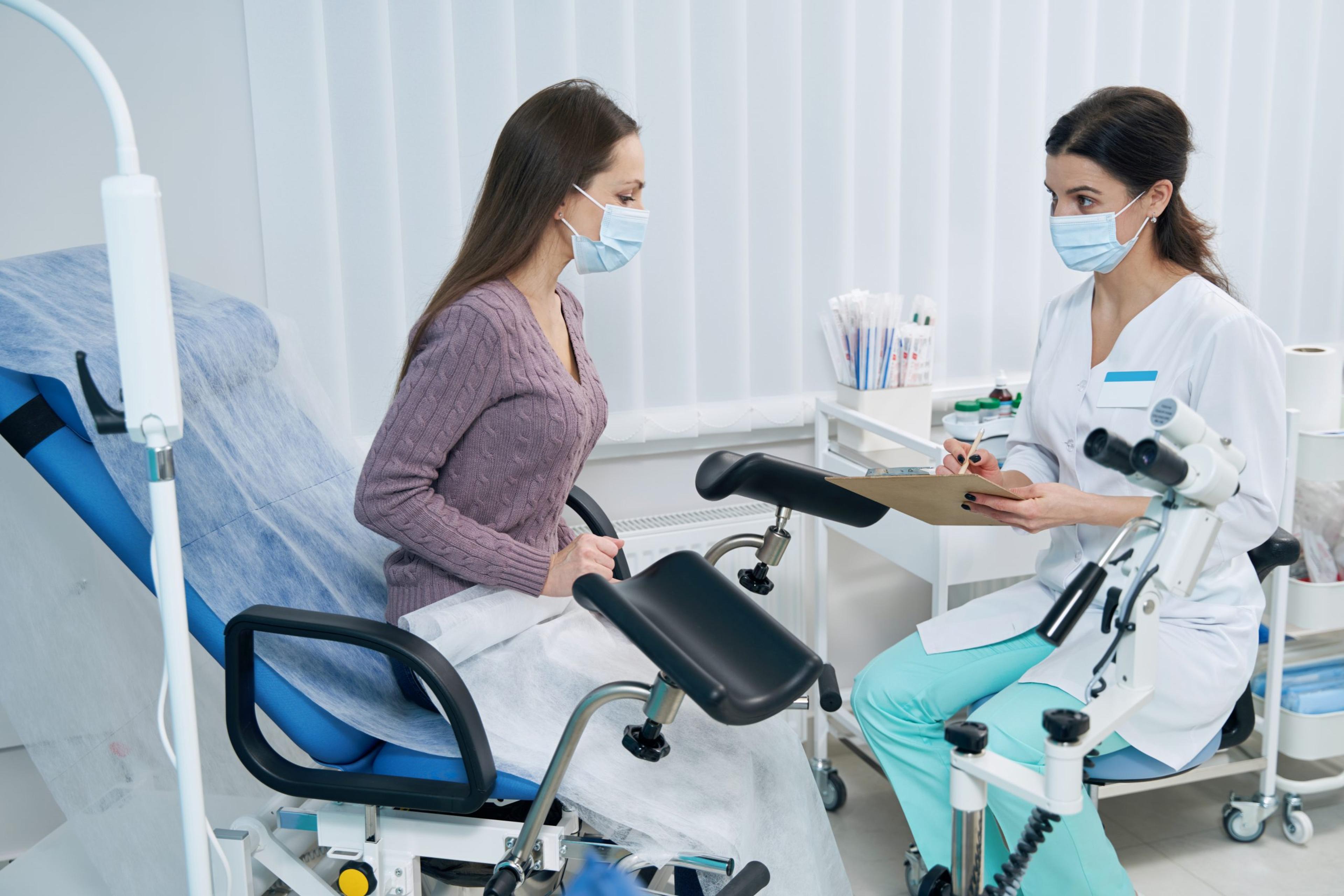Understanding the Causes of Urinary Incontinence
Shandra Martinez
| 3 min read

Urinary incontinence means a person leaks urine by accident. This can happen to anyone but is more common in older people, especially women.
Urinary incontinence may be caused by weakened pelvic floor muscles, urinary tract infections, vaginal infection or irritation, constipation, pregnancy and childbirth, and side effects of some medications.
Most incontinence in men is related to the prostate gland. There are different types of urinary incontinence.
These include:
Stress incontinence is leakage that occurs because of abdominal pressure placed on the bladder during exercise, coughing, sneezing, laughing or lifting heavy objects. It’s the most common type of bladder control problem in younger and middle-aged women. It also may begin later, around the time of menopause.
Urge incontinence happens when people have a sudden need to urinate and cannot hold their urine long enough to get to the bathroom. This can result from pregnancy or excessive consumption of alcohol or caffeinated beverages.
Overflow incontinence happens when small amounts of urine leak from a bladder that is always full. A man can have trouble emptying his bladder if an enlarged prostate is blocking the urethra. Diabetes and spinal cord injuries can also cause this type of incontinence.
Functional incontinence happens in many older people who have normal bladder control but lack the ability to move quickly to get to the bathroom because of arthritis or other disorders.
Talk to your health care provider if you have urinary incontinence or any signs of a bladder problem, such as:
- Needing to urinate more frequently or suddenly.
- Cloudy urine.
- Blood in the urine.
- Pain or burning before, during or after urinating.
- Urinating eight or more times in one day.
- Trouble emptying the bladder.
- Passing only small amounts of urine after strong urges to urinate.
- Trouble starting or having a weak stream while urinating.
- Leakage during sleep.
- Leakage that restricts your social interactions and activities.
Tips for maintaining a healthy bladder:
- Keep a voiding journal. Write down what and how much you drink along with how often you urinate and if there was leakage or other issues. Take this when you visit your physician to provide them with a full picture of your incontinence.
- Urinate every few hours to empty the bladder.
- Strengthen the pelvic floor muscles to help keep urine from leaking when you sneeze, cough or lift heavy objects.
- Maintain a healthy weight and stay physically active to avoid bladder problems and leakage.
- Avoid certain foods and beverages, such as citrus, artificial sweeteners, spicy foods, sodas, alcohol and caffeine, which may exacerbate bladder leakage.
- Drink enough water so that you need to urinate every few hours.
- Know which medications you are taking that may cause your bladder to leak urine.
Learn more about urinary incontinence in this Blue Cross Virtual Well-BeingSM webinar. You can also sign up for future employer-focused and general interest webinars here, where you’ll find past sessions and resources.
Related:
Photo credit: Getty Images





